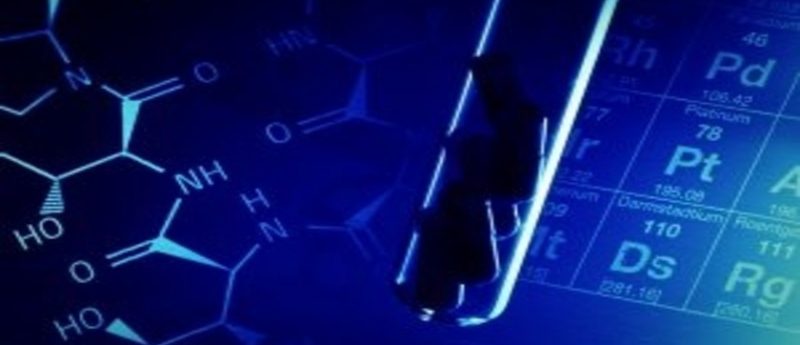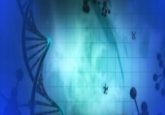Could targeting T-helper cells aid the development of effective cancer vaccines?

Immunotherapy was one of the first treatment forms explored for cancer, beginning with Coley’s toxins in the late 1800s [1], yet it has remained a field largely characterized by great experimental promise with modest clinical utility. Only in the last 30 years have the cellular and molecular mechanisms underlying immune system function been defined in sufficient depth to permit the development of designed immunotherapies. Yervoy® (ipilimumab) is the archetype example of that paradigm, in which defining the role of CD80/CD86 interactions with CD28 and CTLA-4 in tuning T-cell activation signals revealed CTLA-4 blockade as a possible approach to lowering T-cell activation thresholds and produce antitumor immunity in cancer patients [2]. Similarly, defining tolerance mechanisms restricting cancer antigen-specific immune responses should permit improved immune and clinical responses to vaccination by blocking those mechanisms. In that context, we have discovered an integrated tolerance mechanism, selective CD4+ T-cell tolerance, that limits CD8+ T- and B-cell responses to self-antigens, creating a barrier to self-antigen-targeted vaccines for cancer [3]. CD4+ T cells specific to melanoma, colorectal and breast cancer antigens were eliminated, corrupting responses by otherwise nontolerant CD8+ T and B cells, crippling vaccine-induced immunity. Restoration of CD4+ T-cell help restored CD8+ T- and B-cell responses, maximizing antitumor immunity.
Click here to view full article.



